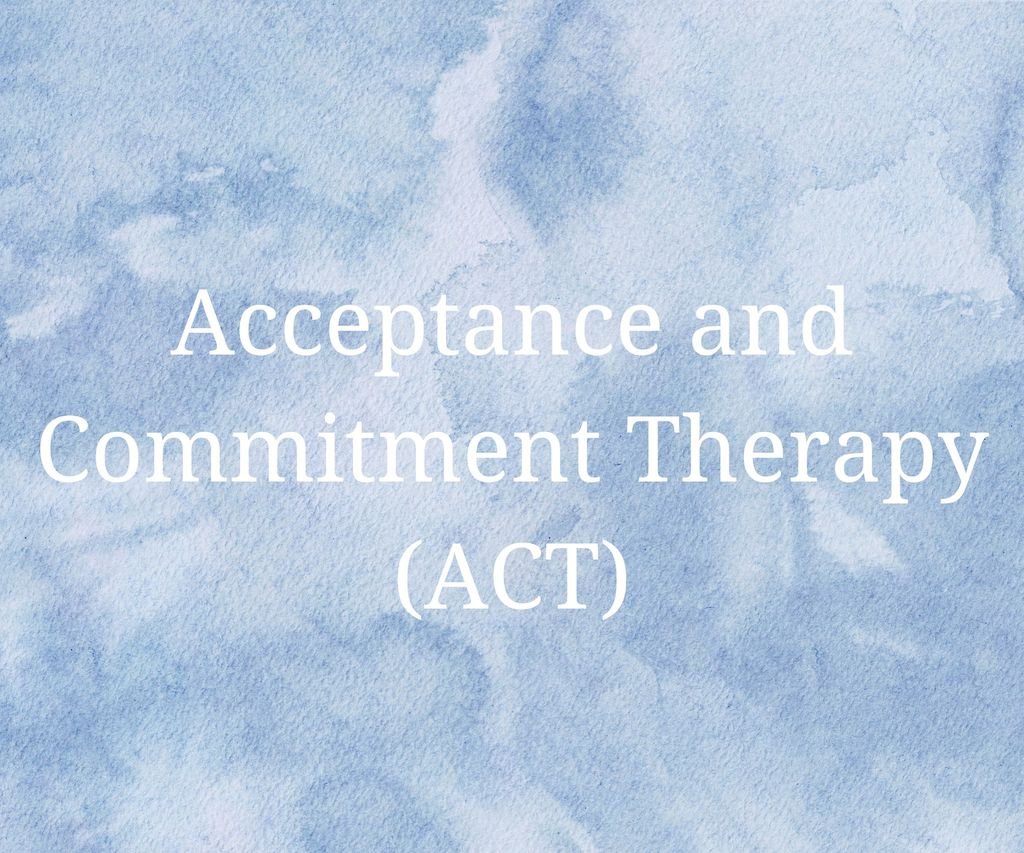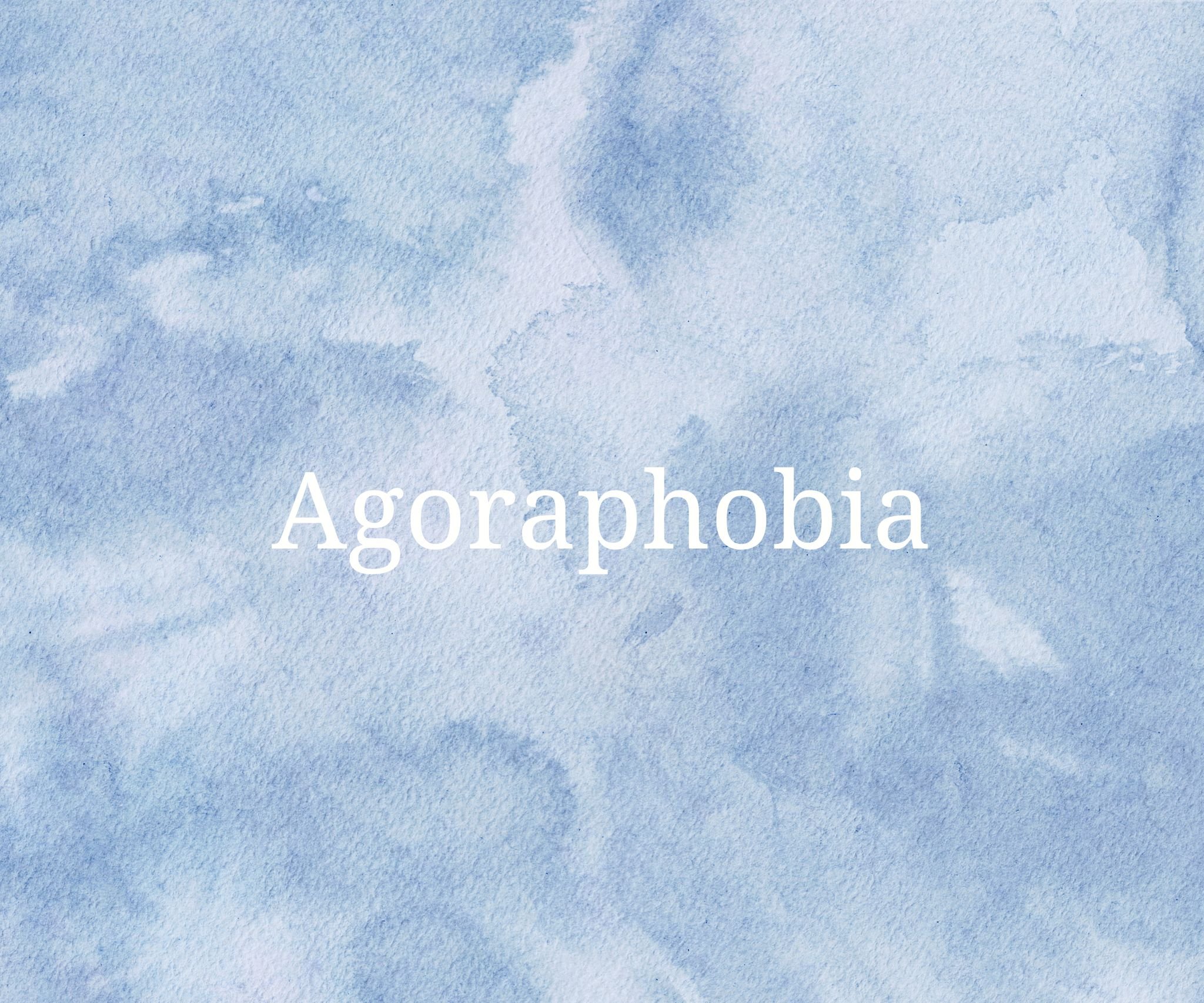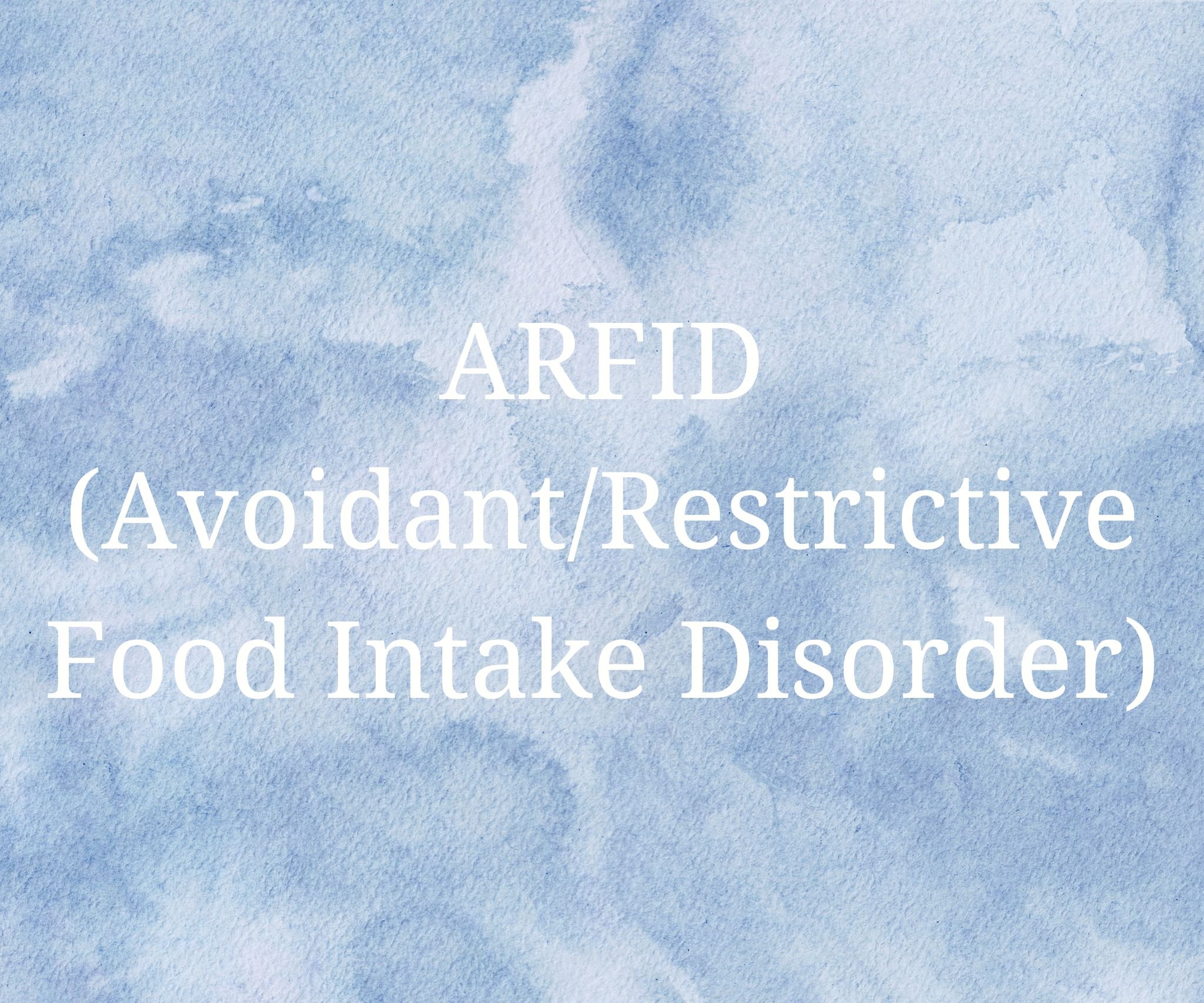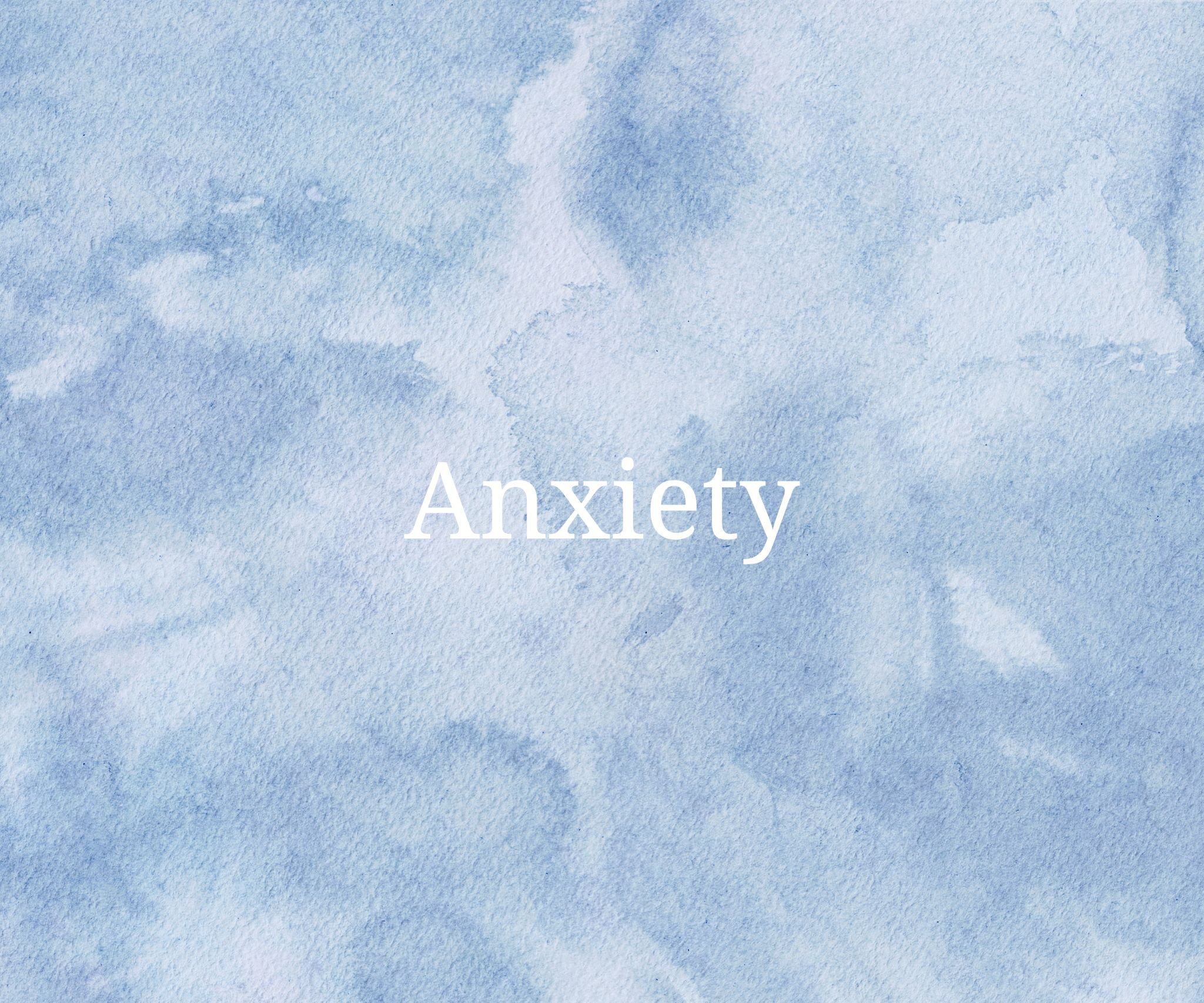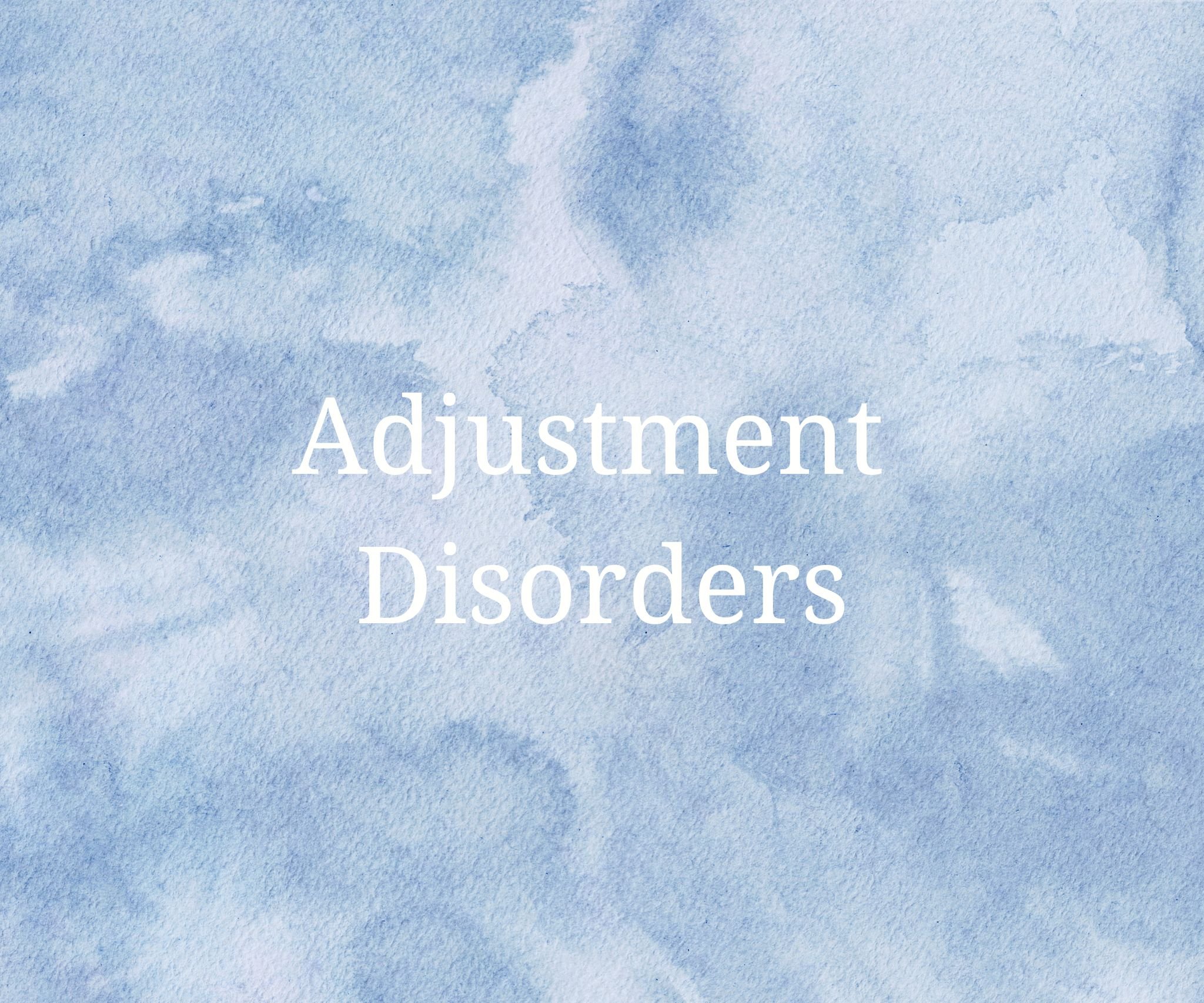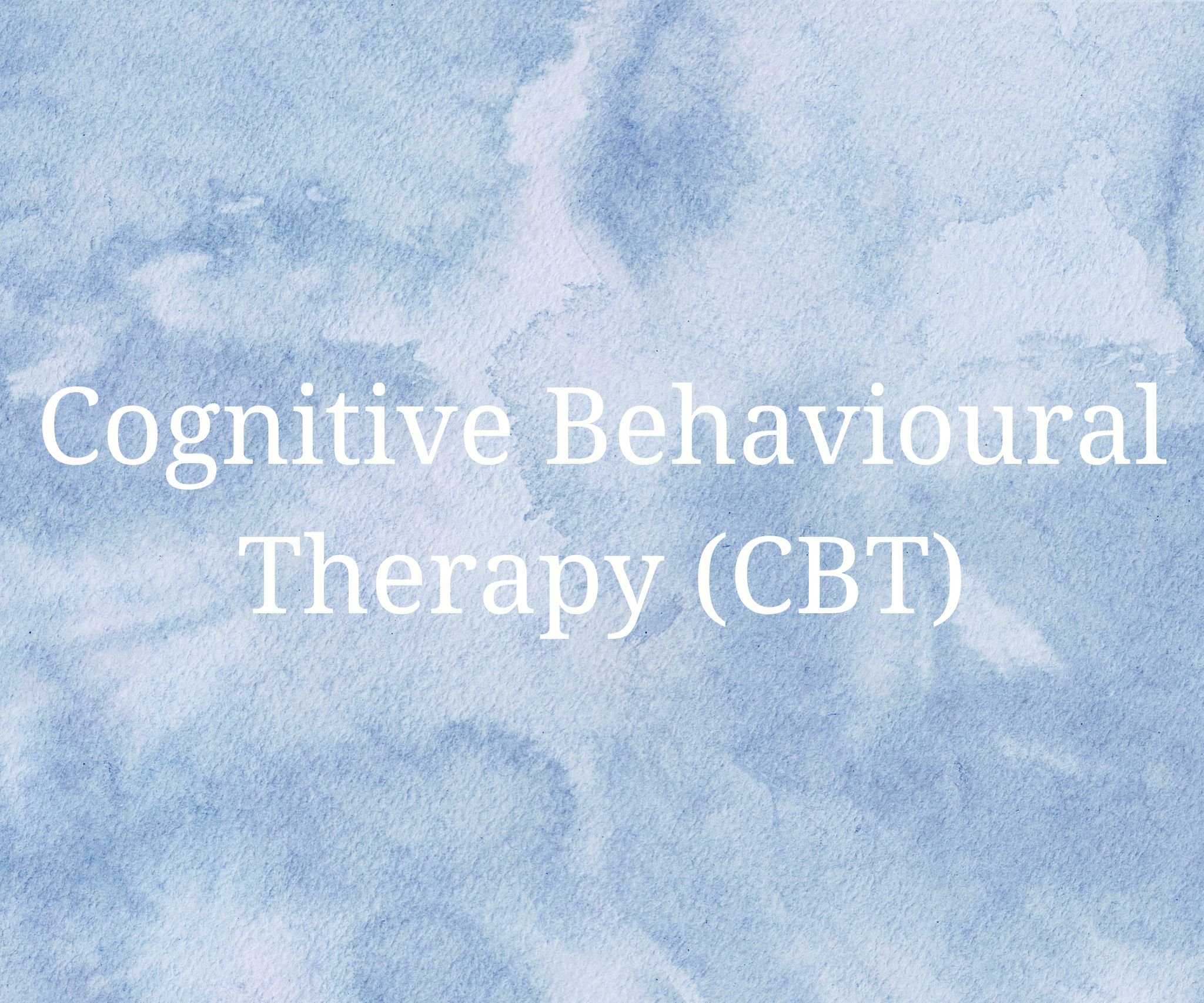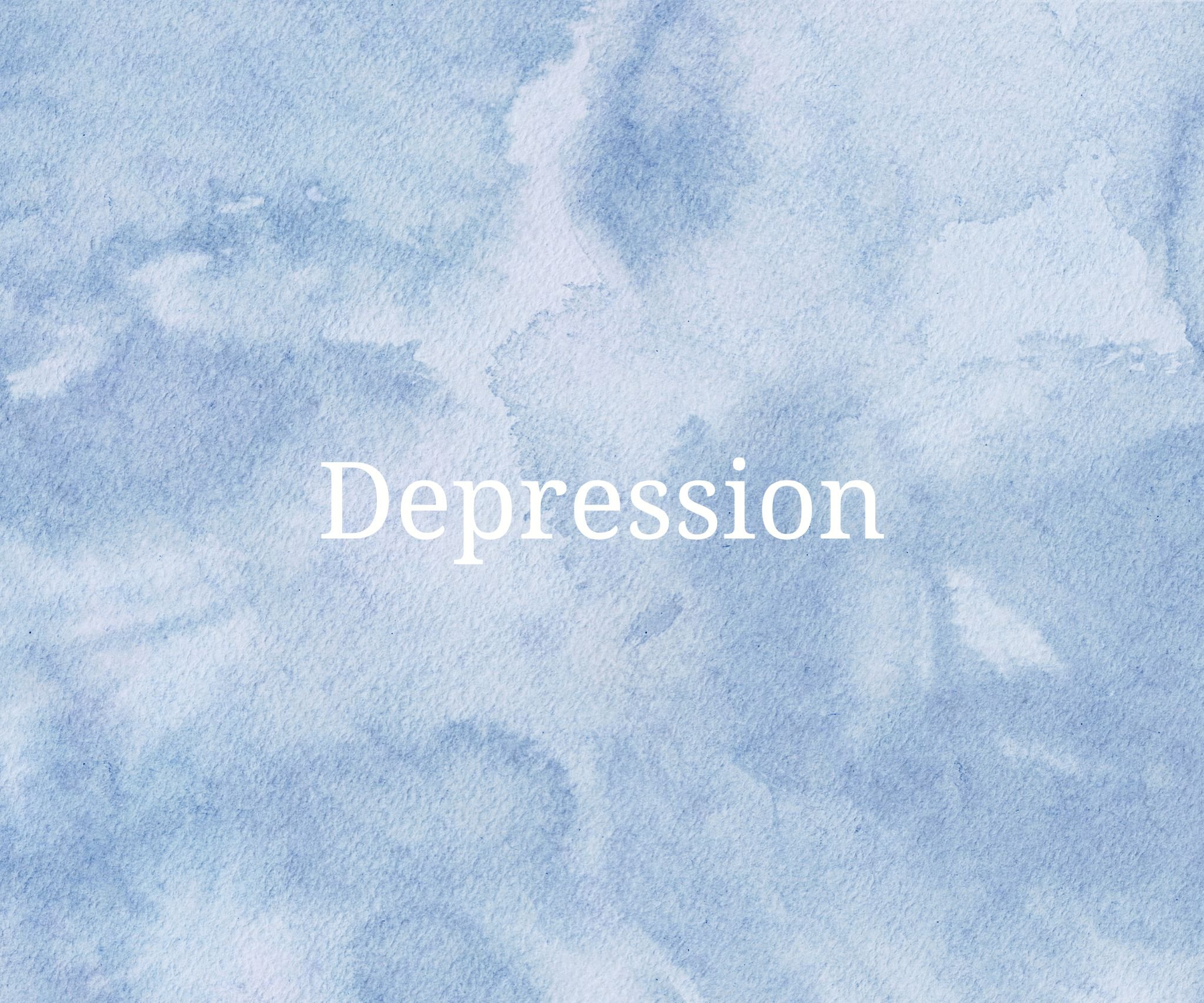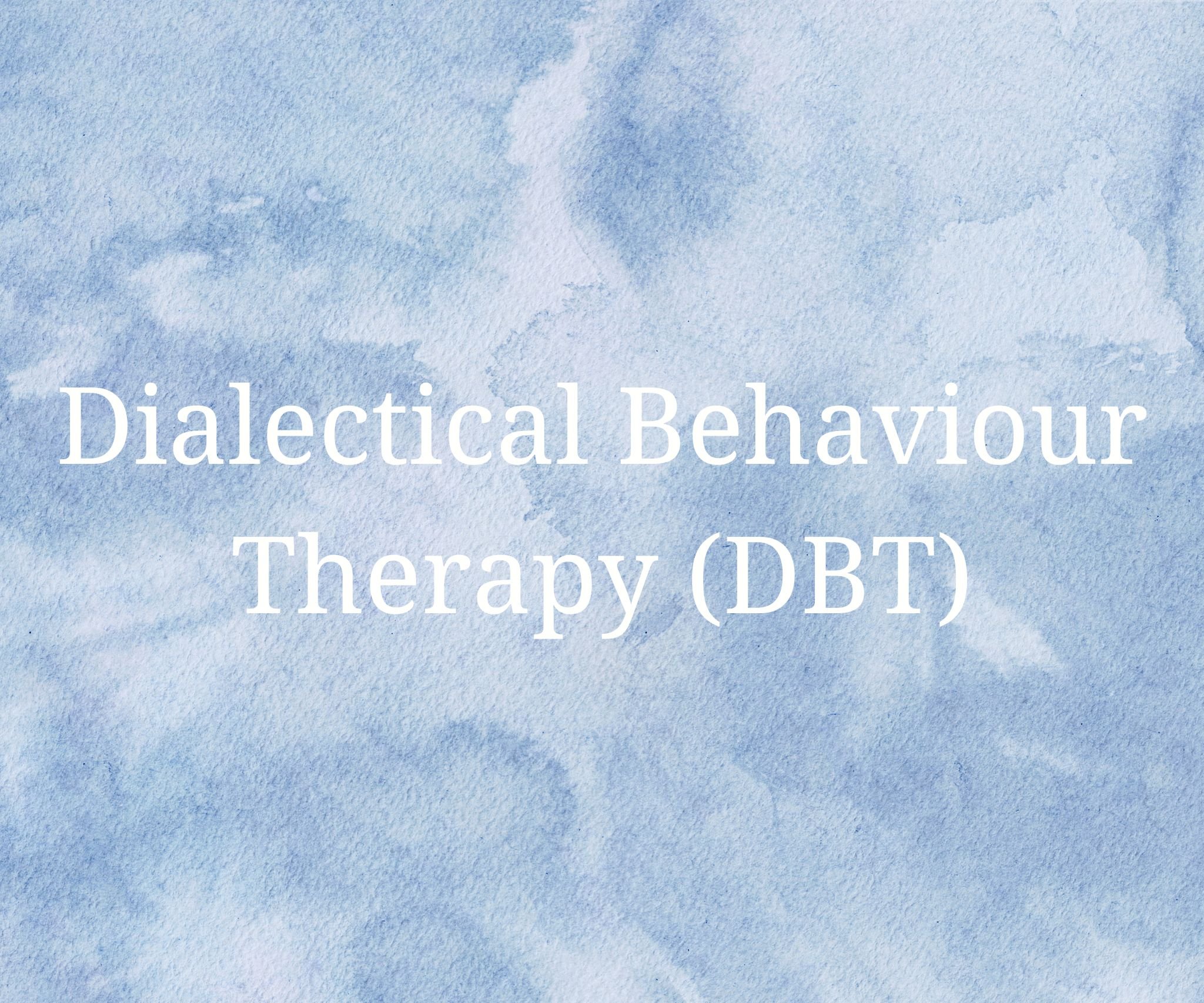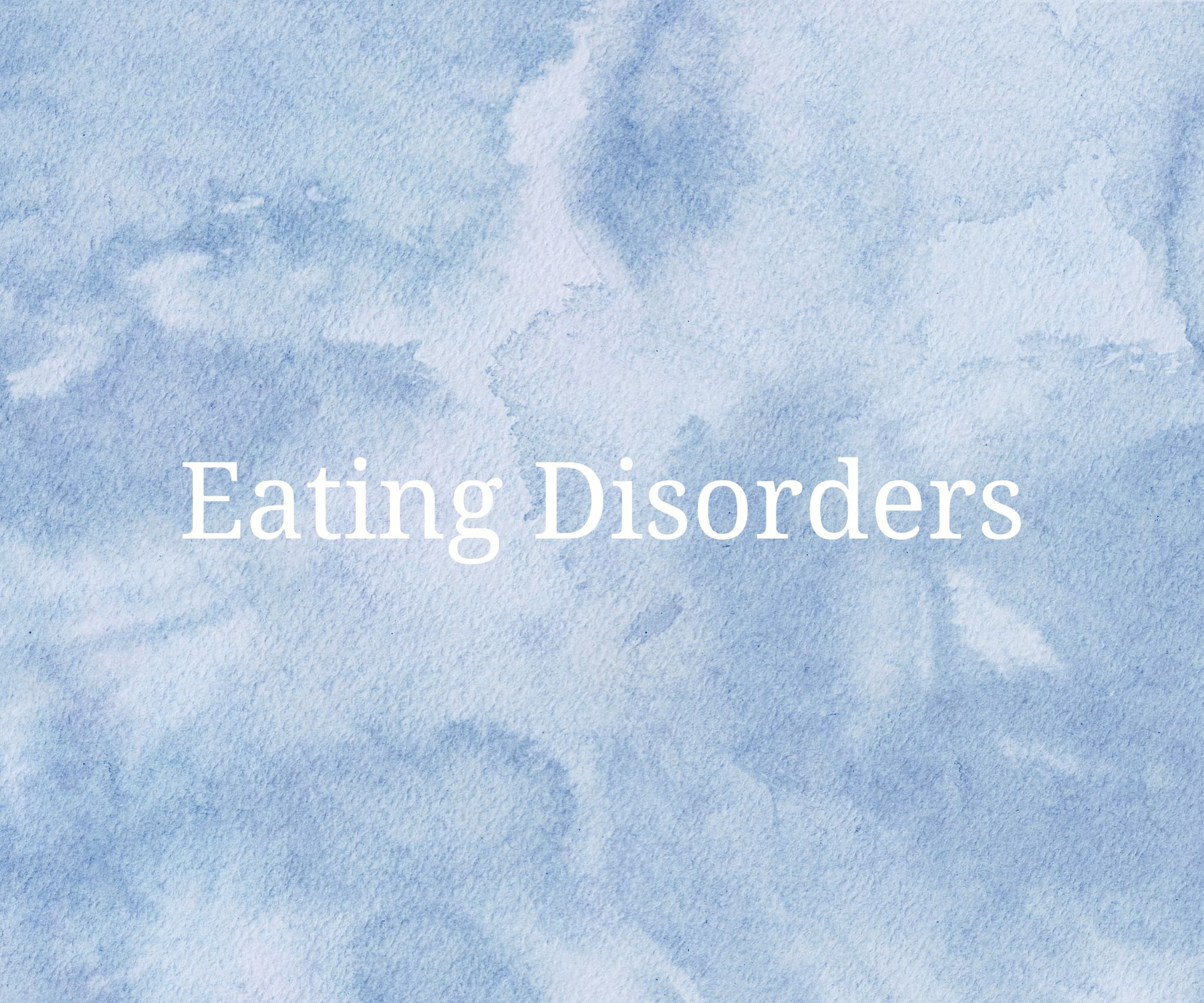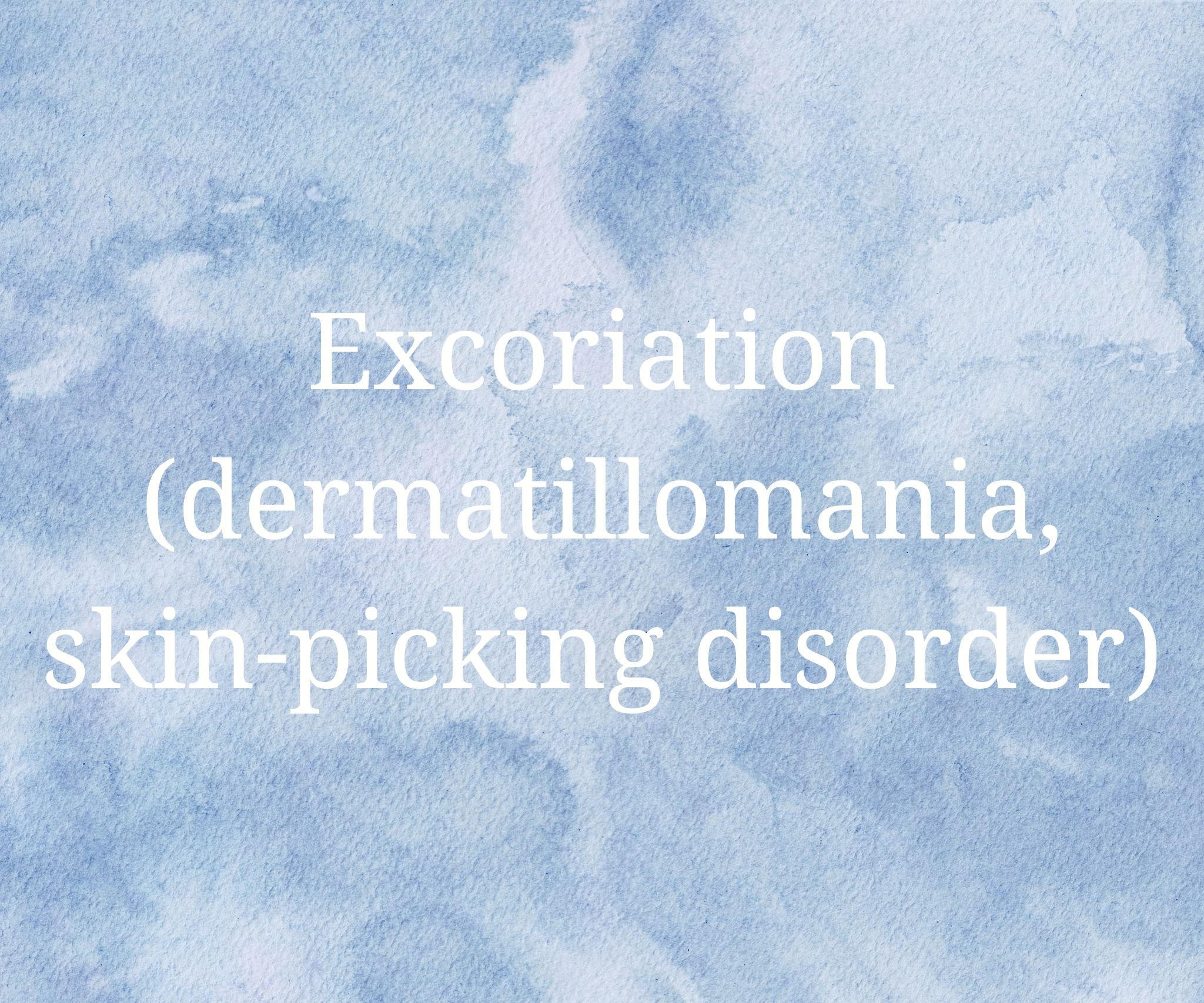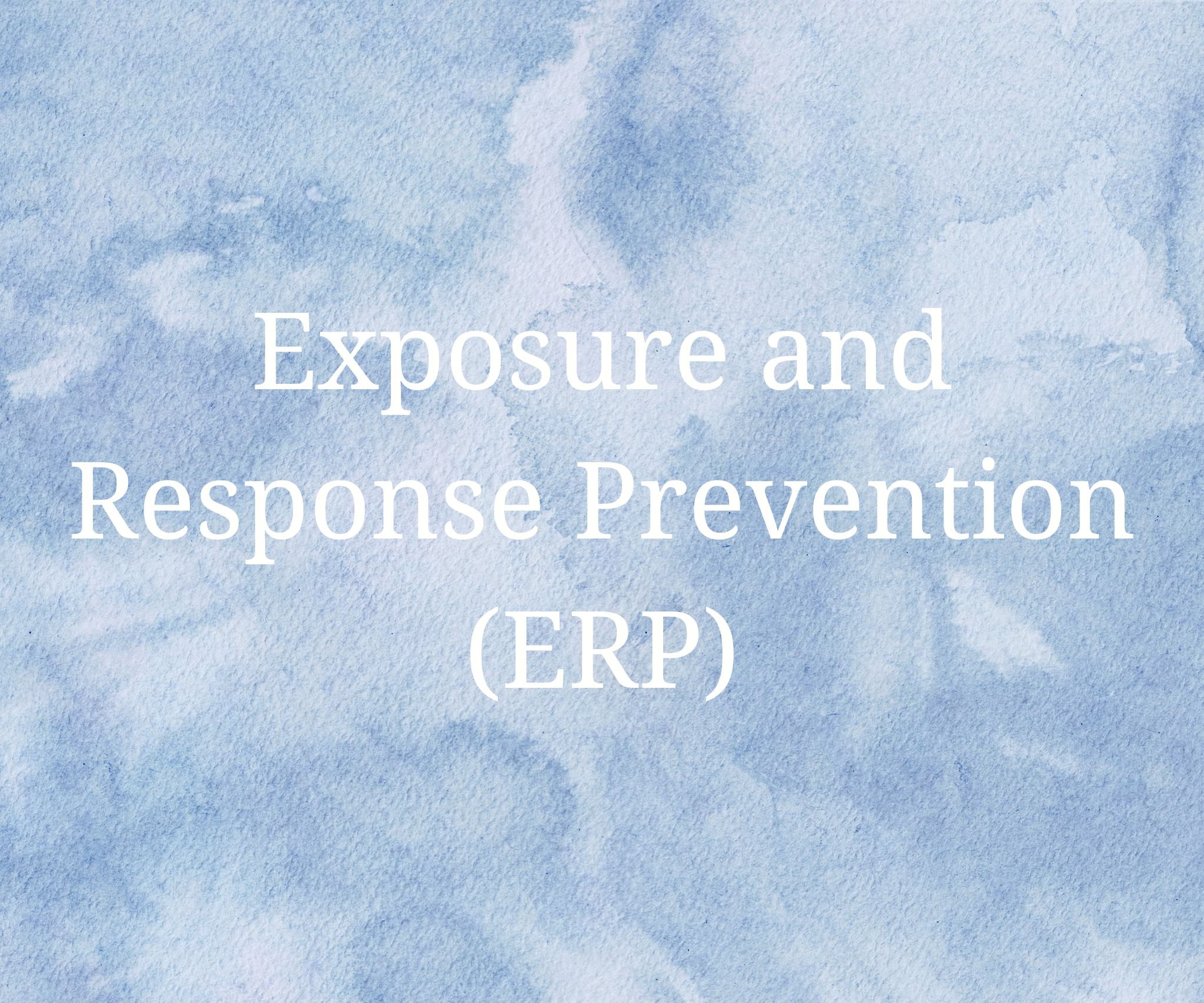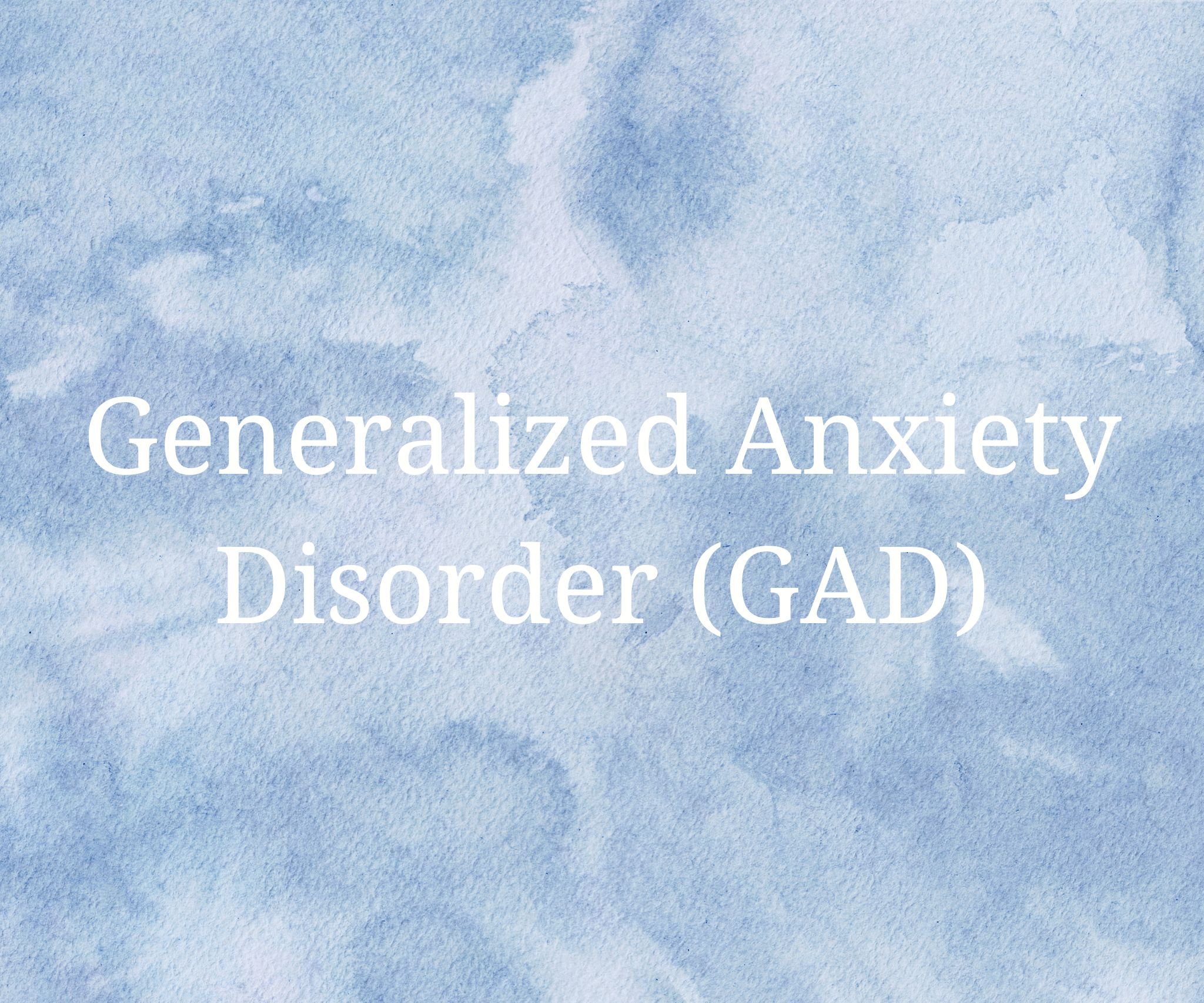
Dictionary
Acceptance and Commitment Therapy (ACT)
Acceptance and Commitment Therapy (ACT) focuses on helping individuals accept difficult thoughts and feelings, rather than trying to eliminate or change them. The therapy encourages individuals to commit to taking action towards values and goals that are important to them, despite the presence of difficult thoughts and feelings.
ACT is based on the idea that psychological suffering often arises from attempting to avoid or control thoughts, feelings, and experiences that are ultimately unavoidable. Instead, ACT encourages individuals to develop psychological flexibility, which involves learning to experience difficult thoughts and feelings without becoming overly absorbed by them, and being able to take action in line with personal values and goals.
Agoraphobia
Agoraphobia is anxiety about being in places or situations from which the escape may be difficult or embarrassing (i.e., traveling in a car or a bus, crossing a bridge, being outside the home, being in a crowd, being in an enclosed place, standing in line, etc.) In many cases, the person suffering from agoraphobia tries to avoid feared situations or endures them with great distress. In severe forms, a person may become completely homebound.
The treatment of choice for agoraphobia is Cognitive Behavioural Therapy (CBT). Treatment includes identifying and if needed, modifying the thoughts that underlie and drive the person's fear.
Additionally, it involves gradual step-by-step exposure to feared situations with the purpose of helping the person unlearn the conditioned fearful response. Most people with agoraphobia have other psychological conditions such as panic disorder, phobias, social anxiety, etc. It is very important to establish the correct diagnosis as it will guide the treatment.
ARFID (Avoidant/Restrictive Food Intake Disorder)
ARFID is a condition characterized by a persistent failure to meet appropriate nutritional and/or energy needs due to restrictive food intake, fear of certain foods, or a lack of interest in eating.
Individuals with ARFID may experience significant weight loss or failure to grow and develop, and may also have difficulty with social interactions related to food.
It is different from anorexia nervosa, as individuals with ARFID do not have an intense fear of gaining weight and do not have a distorted body image.
Anxiety
Everybody feels anxious sometimes. We feel anxious when we are scared or think something bad or dangerous may happen. Anxiety is a normal, even helpful and adaptive emotion. It allows us to deal effectively with danger. At times, however, anxiety may become overwhelming and negatively affect our functioning in daily life. We may start avoiding things that make us anxious, or deal with things differently than we normally would. It is important to deal with unhelpful anxiety that might have gotten in the way you live your life.
Cognitive Behavioural Therapy (CBT) is the evidence-based treatment for anxiety. Using CBT tools, your therapist will guide you in learning helpful strategies for managing your anxiety. You will learn what anxiety is and how to recognize and interpret its signs. In therapy, the unhelpful thoughts that make you anxious and keep your anxiety going will be explored, challenged and modified. Additionally, you and your therapist will identify the behaviours that may contribute to your anxiety, and work of gradually changing them.
You can stop anxiety from controlling your life! To learn more about various aspects of anxiety, check out recent posts on our blog.
Adjustment Disorders
Life changes, such as an illness, going away to school, marriage, divorce, unemployment, new job, being involved in a car accident, etc., cause stress. In most cases, people adjust to those events within a few months. In some cases, however, the emotional (anxiety, depression, worry, tension, stress), behavioural (impaired functioning at home, at work or socially), or physical symptoms do not go away even several months after the occurrence of the stressor. It is important to seek therapy to address those symptoms before they become chronic.
The treatment of adjustment disorders usually involves assessing the person's problem-solving and coping skills, as well as encouraging and supporting more effective coping. Relaxation techniques and lifestyle changes are often addressed in therapy. Treatment includes helping the person to gain perspective through addressing possible cognitive errors, reevaluating his or her role in the situation, and coming up with specific steps in dealing with the stressor and moving on.
Anger
Has your life, or the lives of people around you, been negatively affected by your anger? Have you regretted some of the decisions made in anger? Are you ready to make some positive changes in your life and to learn to express your anger in a non-destructive way?
Together, we can examine in depth what triggers you, how some of our thinking patterns may contribute to anger, and which ways of expressing your anger may lead to undesirable outcomes. With the help of cognitive and behavioural strategies (CBT), we will work on re-examining unhelpful assumptions, modifying the ways anger is expressed, taking a step back from the "tornado" of anger, and greatly reducing conflicts and stress in your life.
Intense and overwhelming anger may be a symptoms of several psychiatric disorders, such as Borderline Personality Disorder (BPD), Post-Traumatic Stress Disorder (PTSD), one of the mood disorders (Depression, Bipolar Disorder), Oppositional Defiant Disorder, etc. It is, therefore, crucial to see a professional who will be able to establish a differential diagnosis as in those cases different therapeutic strategies will be useful in addition to CBT. For example, Dialectical Behavioural Therapy (DBT) is usually helpful to individuals with Borderline Personality Disorder. In case of a mood disorder, it is important to treat Depression or Bipolar Disorder, which may be the root cause of angry and irritable mood.
Working in therapy to address your anger is not easy. It requires perseverance and hard work. But it is well worth it of anger is currently getting in the ay of important things in your life. Anger is an important emotion that can play a positive role in your life if you learn to understand it, manage it, and use it appropriately.
Cognitive Behavioural Therapy (CBT)
Cognitive-Behavioural Therapy (CBT) is a goal-oriented approach that addresses problems related to the interactions between our thinking, feelings, and behaviour. This is an evidence-based treatment that has been proved to be effective in dealing with various emotional disorders, as well as daily life challenges.
CBT-trained clinician will work with you helping you to not only resolve your problems, but also learn the various effective CBT strategies so that you can become "your own therapist." Those strategies include goal setting, identifying and changing distorted thinking, modifying beliefs, challenging "rules for living", developing a "Fear Ladder", conducting behavioural experiments, addressing and changing behaviour, relapse prevention and learning to relate to others in healthier ways.
Depression
Do you sometimes feel hopeless and helpless? Have you lost interest in things you used to enjoy? Do you believe that nothing will ever work out? Do you criticize yourself and feel that you just can't do the things that are expected of you? Please do not despair. Those are symptoms of depression and are not a reflection of the reality.
Cognitive Behavioural Therapy (CBT) has been proven to effectively relieve the symptoms of depression. Through scientifically proven tools, such as behavioral activation, challenging unhelpful cognitions, and practicing mindful awareness, you can change the way you think, feel and behave.
It is important to seek treatment for depression as early as possible as depression is a self-limiting condition that often takes a persistent and recurring course if left untreated. It affects people on cognitive, emotional, physiological, motivational, and behavioural levels.
In treatment you will learn techniques that will help you overcome your depression. We will work collaboratively in therapy on reclaiming your life one step at a time.
Dialectical Behaviour Therapy (DBT)
Dialectical Behaviour Therapy (DBT) has been shown to be effective in working with people suffering from intense emotional misery. Such individuals tend to feel things deeper, more intensely, and for longer time than other people. They react excessively to relatively low levels of stress and it takes them longer to return to normal after the stressful situation passed. Such emotionally vulnerable people find it hard to change their thoughts and behaviours without first learning to accept themselves, including their thoughts and feelings. DBT helps people balance acceptance and change.
DBT is a form of behavioural therapy that focuses on teaching people specific skills that help them cope with distressing emotions. It includes mindfulness, distress tolerance (crisis survival and reality acceptance), interpersonal effectiveness, and emotion regulation skills.
Eating Disorders
Eating Disorders are characterized by disturbed eating or eating-related behaviours. Frequently, a person with an eating disorder is preoccupied with their weight or with food. The three main types of eating disorders are anorexia nervosa, bulimia nervosa, and binge-eating disorder.
Some people exhibit more subtle signs and symptoms of disordered eating that do not meet the full criteria for any of the eating disorders, but are, nevertheless, a cause for serious concern.
Many people with eating disorders are scared to seek treatment because they are afraid that they will have to gain weight. Others are afraid to give up their eating behaviours that provide emotional comfort and/or a sense of control. The adverse psychological, physical, and social consequences of eating disorders, however, are profound. Eating disorders are usually a sign of a bigger emotional problem and are real, treatable medical illnesses.
Treatment of eating disorders usually includes Cognitive Behavioural (CBT) strategies, such as addressing over-evaluation of shape and weight, as well as unhelpful weight-control behaviours (dietary restraints and restrictions, binging, purging, etc.), restoring adequate nutrition, bringing weight to a healthy level, and relapse prevention. It is important to understand that in many cases, other psychological issues, and interpersonal relationship difficulties contribute to disordered eating. Those issues need to be identified and addressed in therapy with the goal of developing healthier ways of dealing with them.
Emetophobia
Emetophobia is an intense irrational fear of vomiting. Most sufferers of emetophobia fear vomiting themselves, while some fear seeing someone else vomit. The standard treatment for emetophobia, as any anxiety disorder, is Cognitive-Behavioural Therapy (CBT), which involves cognitive restructuring and gradual exposure to feared stimuli. This treatment does not require that the individual actually vomit. The person learns to stop avoiding situations, objects and activities that they fear might lead to vomiting.
Emetophobics frequently suffer from agoraphobia and ritualistic behaviour that may look like OCD. They may wash their hands until raw for fear of germs from an illness that may make them vomit. They may fear seeing someone vomit or catching germs so much that they will not leave the house. Many emetophobics have a variety of rituals to keep from vomiting or to reassure themselves that they are not sick (i.e., obsessive temperature-taking), or superstitions about numbers and dates (especially the date they last vomited). It is, therefore, important to see a therapist who has an understanding of this disorder and is able to provide differential diagnosis and create an appropriate treatment plan.
Excoriation (dermatillomania, skin-picking disorder)
Skin-Picking Disorder is characterized by frequent and intense picking of skin resulting in bleeding, sores, and scars, in spite of recurrent attempts to stop. This is often done in an attempt to remove small irregularities or perceived imperfections, but individuals may pick at healthy skin as well. The most commonly picked sites are the face, arms, and hands; however, in some cases, multiple body sites are picked. People usually use their fingernails to pick, but often tweezers and other instruments may be used. Skin picking frequently starts as a regular grooming behaviour (everyone picks their skin at times), but it may change into a highly disturbing and embarrassing condition. The majority of skin-pickers are women, and this disorder often starts in adolescence.
The act of picking can be preceded by a sense of tension and may be followed by a sense of relief or pleasure. It is often accompanied by feelings of shame and guilt and can lead to significant impairment in one's daily functioning.
Excoriation disorder is classified as a body-focused repetitive behavior (BFRB) and is considered a subtype of obsessive-compulsive and related disorders. It can occur alone or in combination with other BFRBs such as trichotillomania (hair-pulling disorder) or onychophagia (nail biting).
Unfortunately, many people with skin-picking disorder are reluctant to seek help because of embarrassment and shame. It is important, however, to see a psychologist who is knowledgeable in treating excoriation, as even though skin-picking intensity frequently fluctuates, it rarely remits completely. Some of the treatments of choice for excoriation are Habit Reversal Training, Stimulus Control, and Cognitive Behavioural Therapy (CBT).
In treatment, you will increase your awareness of this habit by identifying the emotional, social, and other consequences of picking, and whether your picking is usually preceded by a feeling or by a thought. Your therapist will then help you develop a new behaviour (a competing response) that would compete with your picking. You will be then guided in consistently implementing that response.
Exposure and Response Prevention (ERP)
Exposure and Response Prevention (ERP) is a type of behavioral therapy used to treat obsessive-compulsive disorder (OCD). The therapy involves exposing the individual to the thoughts, images, or situations that trigger their obsessions (exposure) and then preventing them from engaging in the compulsive behaviors (response prevention) that they typically use to reduce anxiety.
The ultimate goal of ERP is for an OCD sufferer to reclaim their life. That is, to go back to living life without restrictions imposed by OCD. When doing ERP, individuals learn that they can handle the anxiety and discomfort associated with their obsessions without engaging in compulsive behaviors and without avoidance.
ERP typically begins with a comprehensive assessment of the individual's specific obsessions and compulsions. This helps the therapist to develop an individualized treatment plan. The exposure component of ERP involves exposing the individual to the specific thoughts, images, or situations that trigger their obsessions, in a controlled and safe environment.
Response prevention involves preventing the individual from engaging in the compulsive behaviors they typically use to reduce anxiety. This can be challenging, as these behaviors may provide temporary relief, but it is crucial to the success of ERP. The therapist will help the individual to develop alternative coping strategies that can be used in place of compulsive behaviors.
ERP therapy is usually done in a one-to-one setting with a therapist trained in cognitive-behavioral therapy (CBT) and can be done in individual or group therapy sessions. It typically requires a commitment to several weeks or months of regular therapy sessions, as well as homework assignments that involve real-life exposure exercises. The therapy is considered to be highly effective in treating OCD, with research showing that the majority of individuals who complete ERP experience significant reductions in their symptoms.
Generalized Anxiety Disorder (GAD)
GAD is characterized by excessive worry and anxiety about a number of events and activities, when the person finds it difficult to control the worry. The anxiety and worry are usually associated with restlessness, feeling keyed up, being easily fatigued, difficulty concentrating, irritability, muscle tension or sleep disturbance.
In addition to worrying, individuals with GAD often perceive worry as impossible to control and harmful. At the same time, however, they may view worry process as important for preparing for the future and for the unforeseen circumstances. The problem is that in any case, excessive worry negatively affects their ability to concentrate, make decisions and solve problems.
Another set of thoughts that is characteristic to people with GAD is their difficulty tolerating the uncertainty, which leads to their continuous exhausting attempts to try and (over)plan for the future.
Cognitive Behavioural Therapy (CBT) is the treatment of choice for this disorder. In treatment, the patient's thinking patterns are carefully examined and addressed. Beliefs that lead to excessive worry, as well as beliefs about the process of worry are re-evaluated. A great deal of time is devoted to increasing the tolerance for ambiguous situations. An emphasis is put on problem solving, as opposed to unproductive worry.
To learn more about various aspects of anxiety, check out recent posts on our blog.
Healthy Lifestyle Counseling
We all know that to achieve better quality of life we need to make healthier diet choices, get regular exercise, manage stress well and create an organized calming environment at our homes. There is a great deal of information around; however, it can sometimes be overwhelming. How do we re-organize our homes and our lives?
At the coaching sessions, we will help you formulate your long-term and short-term goals and motivate and support you in changing your daily habits and routines. Whether you have a specific goal (e.g., organize your week so that you have healthy home-cooked meals, develop and stick to an exercise routine, or make a shift to using non-toxic products in your home), or a broader goal of making healthy changes in many areas of your life - we are here to guide and support you!
Health Anxiety
Illness Anxiety involves a preoccupation with fear of having a serious disorder or a belief that one has a serious disorder. This usually causes great distress. It is treated using Cognitive Behavioural Therapy. One of the main goals of treatment is to identify the thoughts and behaviours that keep the anxiety going, and to gradually modify and eliminate them.
To learn more about various aspects of anxiety, check out recent posts on our blog.
Hoarding Disorder
Hoarding disorder is characterized by a perceived need to save items regardless of their value and persistent difficulty parting with items due to significant distress associated with attempting to get rid of these items. This results in an accumulation of belongings that clutter major living spaces and therefore interferes with activities of daily living. Research has shown that the most effective treatment for Hoarding Disorder is Cognitive Behavioural Therapy (CBT).
Incel OCD
Men with this OCD subtype are afraid that they may become an incel, a toxic, misogynistic person, never be able to find a romantic partner, or cause harm to others.
Common compulsions include:
Constantly evaluating your appearance
Seeking reassurance in terms of how attractive women may find you
Monitoring your thoughts for any sexist or misogynistic content and trying to get rid of, out-argue, or neutralize them.
Seeking online information about incels or visiting related social media and forums to self-reassure that you are not an incel
Self-punishment
Avoiding social situations out of fear of “snapping” and harming other people
This type of OCD is rarely discussed but the treatment is the same as the treatment of other OCD types and includes a combination of ERP and ACT.
I-CBT. Inference-Based Cognitive Therapy
I-CBT is an evidence-based, specialized form of CBT for OCD treatment. While traditional CBT addresses compulsions through ERP (Exposure with Response Prevention), I-CBT focuses on the obsessions.
Traditional CBT model suggests that OCD is driven by a person’s misinterpretation of randomly occurring intrusive thought as significant. However, according to I-CBT, the obsessions are not randomly occurring intrusive thoughts but instead are inferences (conclusions) that people with OCD come up with because of a faulty reasoning process.
This faulty reasoning process is called inferential confusion, which happens when a person gives credibility to a story he or she created in their mind. The story is based on the person’s ideas and not on the observable reality. This leads to doubting what’s happening in the present moment and also doubting various things about themselves. The person mistakes imagined possibilities with real possibilities.
The goal of I-CBT is to help patients resolve the inferential confusion process. It explores the reasoning behind the confusion and the doubt and helps patients develop awareness of OCD processes that make obsessions appear as if they are based on reality. Patients learn to trust their inner and outer senses and their common sense.
Life Coaching
Life Coaching is an action-oriented approach. Its objective is to help people achieve their personal goals and fulfill their potential through establishing longt-term, short-term and immediate goals, increasing motivation, and removing emotional and psychological obstacles. In the course of the life-coaching sessions, all the areas of the person's life that could benefit from improvement will be addressed: personal and family life, career, parenting, productivity, health and lifestyle choices, daily organizational strategies, etc.

